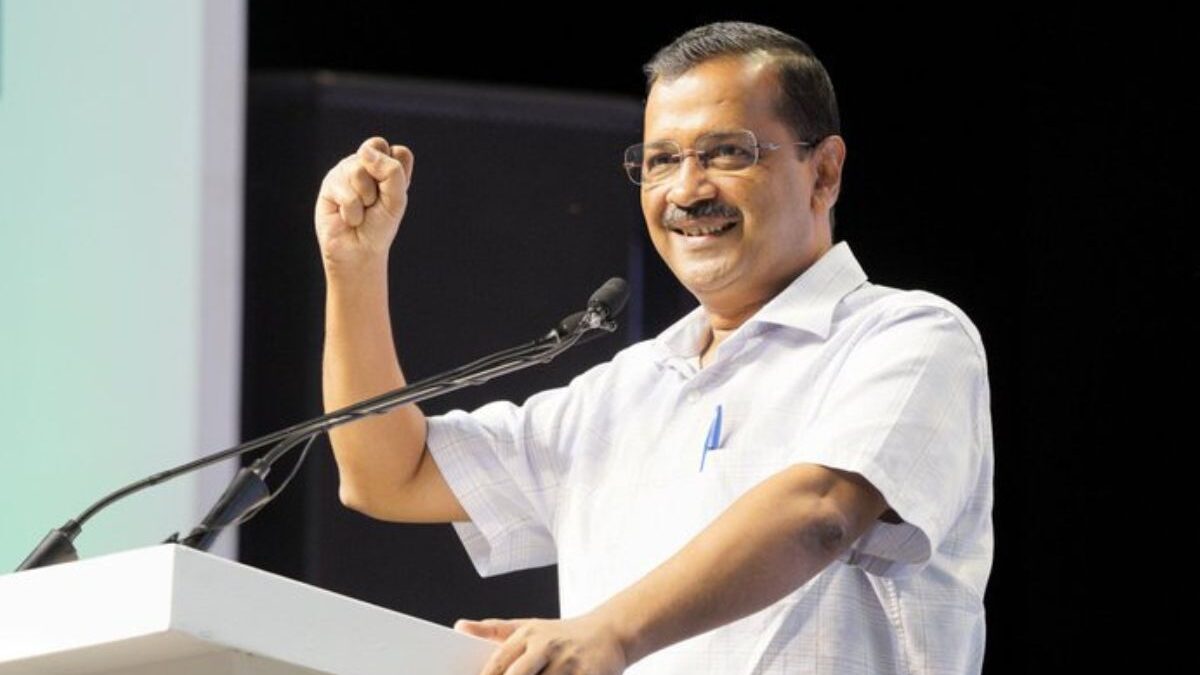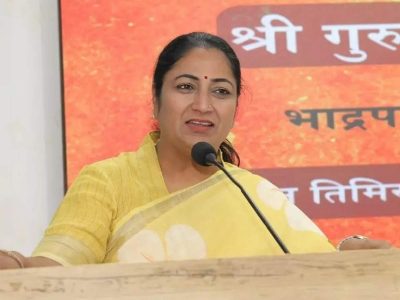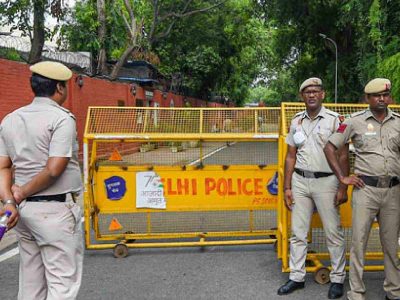In a significant development, the Supreme Court on May 10 (Friday) announced its decision to grant interim bail to Delhi Chief Minister Arvind Kejriwal in the Delhi liquor policy case until June 1.
The Bench of Justices Sanjiv Khanna and Dipankar Datta stated that the detailed order will be uploaded by evening.
The bench noted that the liquor policy case was registered in August 2022 and Kejriwal was arrested only in March 2024 after nearly one and half years. Kejriwal was arrested by the Enforcement Directorate on March 21 and has been under custody ever since.
For the first time, the Bench had shown an inclination to consider the question of interim bail for Kejriwal on May 3. Putting ASG Raju to notice, the bench had said that it may consider interim bail for the AAP chief in view of Lok Sabha Elections if the hearing gets delayed. On subsequent dates, vehement opposition to the grant of interim bail was shown by SG Tushar Mehta and ASG Raju, who argued that the ED had “evidence” against Kejriwal and election campaigning ought not to be a criteria for considering the grant of interim bail.
The bench, however, observed that it was dealing with the case of an elected Chief Minister, not a habitual offender, and the general elections take place only once in 5 years. It, however, made clear that if interim release was directed, Kejriwal would not be allowed to perform official duties, as that would have a cascading effect.
Reiterating the above stand, ED had filed an affidavit before the Supreme Court yesterday, opposing the grant of interim bail to Kejriwal.
Kejriwal had petitioned the Supreme Court in April this year, after his writ petition challenging the ED arrest was dismissed by the Delhi High Court on April 9. Notice came to be issued on his plea on April 15, with the matter being directed to be listed in the week commencing April 29. Subsequently, when the top Court website showed the next date of hearing as May 6, Singhvi mentioned the matter before a Justice Khanna-led Bench on April 26.
After the mentioning, the matter was listed on April 29, when Senior Advocate AM Singhvi led arguments on behalf of the AAP chief and questioned the necessity and timing of his arrest. When the matter was heard on the next day, i.e., April 30, Singhvi alleged that ED withheld the material favoring Kejriwal. During this hearing, the court posed 5 queries to ASG SV Raju, appearing for the agency, which were sought to be answered by him on May 3.
On May 3, while Singhvi concluded arguments, the ASG began leading arguments for ED. Anticipating that the hearing might not conclude anytime soon, the bench put the ASG on notice that it may hear him on the question of Kejriwal’s interim bail in view of the Lok Sabha elections.
Subsequently, on May 7, ASG Raju made submissions on behalf of ED. The same were supplemented in part by SG Mehta and countered by Singhvi. Primarily, SG Mehta argued that politicians could not be treated as a class apart. He asked that if Kejriwal can be granted interim bail for elections, why should jailed farmers be not released during the harvesting season.





